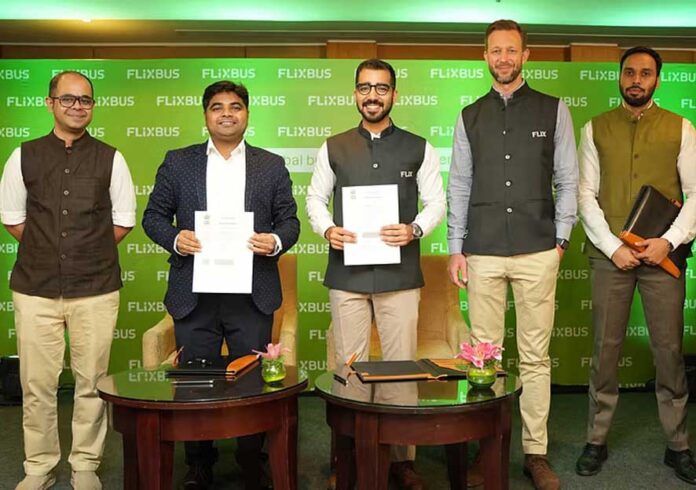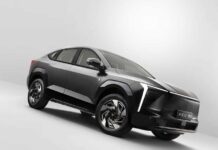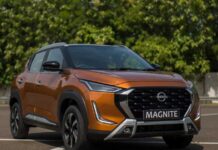
FlixBus, a global mobility provider, has signed a Memorandum of Understanding (MoU) with ETO Motors to launch electric intercity coaches in India, marking its entry into the country’s expanding EV market. Announced in Bengaluru on January 30, 2025, the partnership will initially roll out four zero-emission luxury coaches, set to begin operations next month.
The collaboration includes the development of charging infrastructure along FlixBus routes and a roadmap for expanding electric mobility solutions. While FlixBus brings its international expertise in intercity transportation, ETO Motors will contribute its experience in electric mobility.
Surya Khurana, Managing Director of FlixBus India, stated that the initiative aligns with India’s sustainability goals by promoting green mobility and reducing carbon emissions. Rajeev YSR, CEO of Thunder Plus and Group Chief Marketing Officer at ETO Group, emphasized that the partnership would support first-mile, last-mile, and intercity connectivity while also facilitating the expansion of public charging infrastructure nationwide.
FlixBus, founded in Germany in 2013, has established itself as a major intercity bus service provider in Europe and the United States, known for its technology-driven approach to transportation. The company entered the Indian market in 2024 as part of its global expansion strategy.
ETO Motors, an Indian electric mobility solutions company, has been active in the electric vehicle sector since 2018, focusing on sustainable transportation solutions. The company has previously launched electric three-wheelers and small commercial vehicles in several Indian cities.
This partnership comes as India pushes for greater adoption of electric vehicles, with the government setting ambitious targets to reduce carbon emissions. The country aims to have 30% of private cars and 70% of commercial vehicles be electric by 2030.









